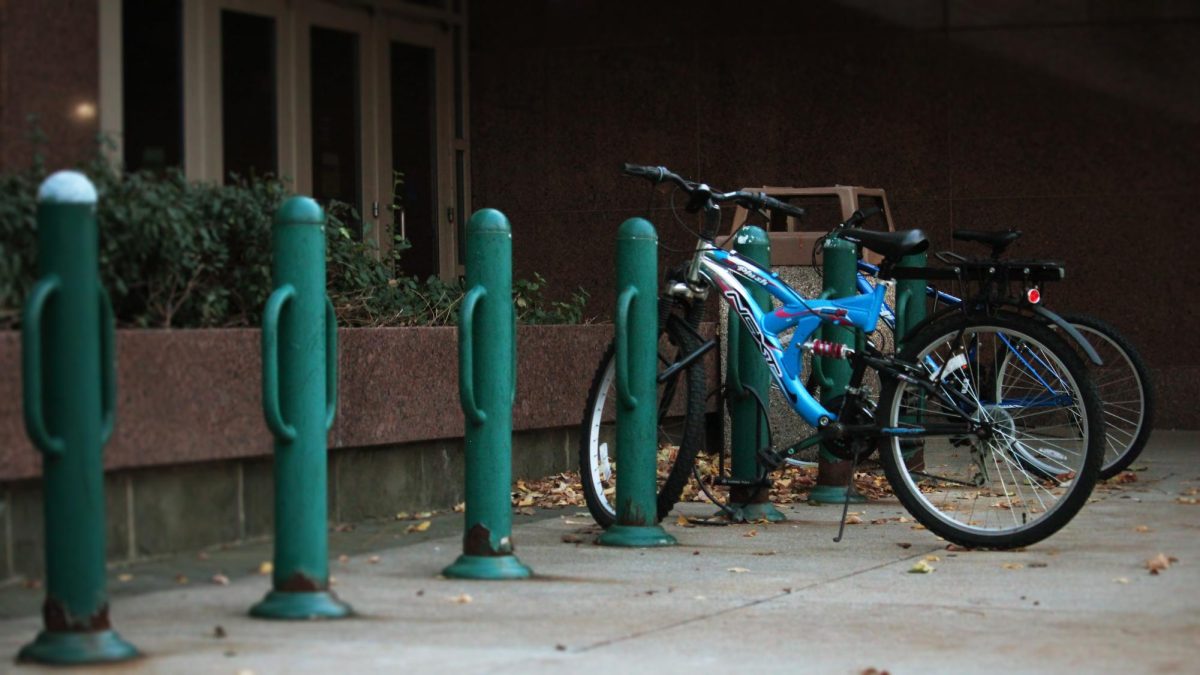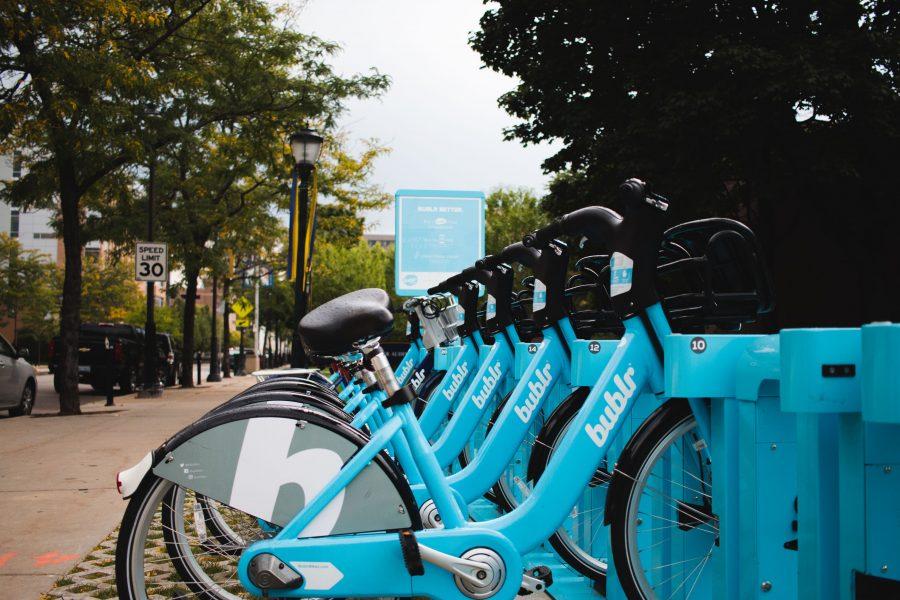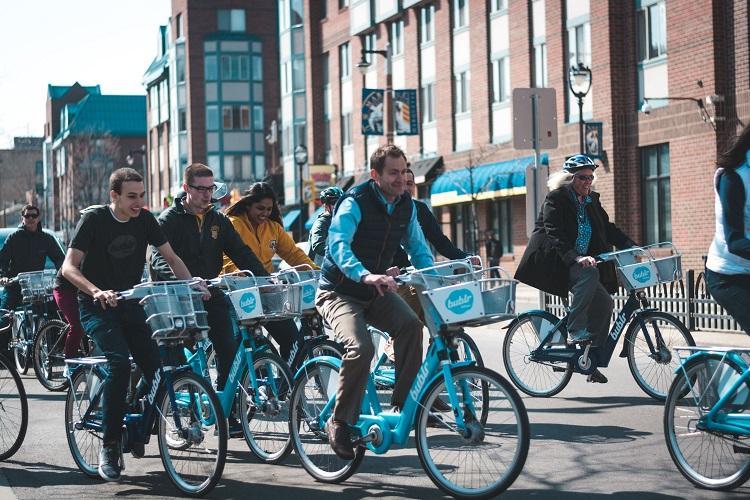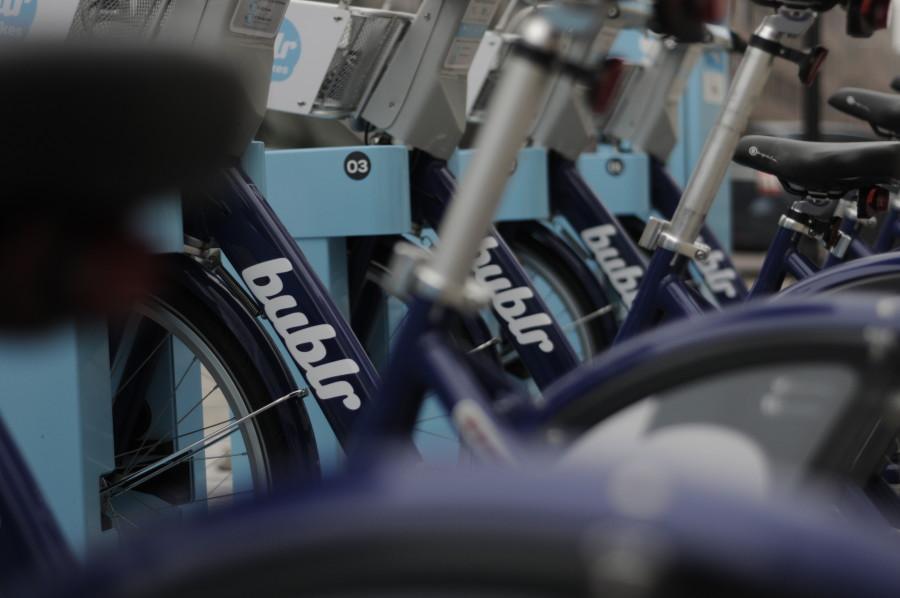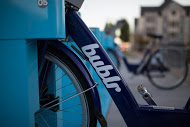Milwaukee has historically been ranked a top city for bicyclists, but steps still need to be taken to make the Brew City more bike–friendly.
Poor bicycle infrastructure has been a major problem for riders in Milwaukee. While communities here are relatively compact and easy to commute to by bike, the lack of protected bike lanes makes the journey more difficult as cyclists must share treacherous roads with cars.
The U.S. Department of Transportation Federal Highway Administration asserts that most serious bicycle accidents occur on non-intersection roads where motorists overtake cyclists. The difference in size and speed leads to more severe injuries for riders, and in most surveys, fear of injury on the road has been one of the most significant factors deterring people from using bicycles to commute.
Fortunately, the construction of protected bike lanes greatly reduces the threat to rider safety. Building protected bike lanes in major cities has resulted in fewer crashes and an increase in cyclist participation and comfort.
Milwaukee has made its own moves to increase the number of protected bike lanes. The city has awarded grants to projects that seek to build protected bike and pedestrian trails. These grants also seek to increase multimodal safety on roads with improved marking and protected or buffered bike lanes on various streets.
The city also received a nearly $220,000 federal grant last month to improve bike infrastructure.
The 2024 budget adopted by Milwaukee’s Common Council allocated $250,000 for bicycle infrastructure, half of the $500,000 originally proposed by Mayor Cavalier Johnson. Unfortunately, many Milwaukee lawmakers still do not see bicycle infrastructure as a priority.
Poor infrastructure is not the only thing keeping bikes off the streets, though. Milwaukee cyclists are also concerned about bike thefts, which remains a common problem across American cities.
The Milwaukee Bike Theft Reduction Initiative has made efforts to reduce theft in the city. A bike index has been created to register bicycles, so they are easier for police to identify, recover, and return to their owners.
Guidelines from the Milwaukee Police Department also recommend purchasing quality U-Locks. They recommend not purchasing a lock that costs any less than $40.00. It would be ideal if the city, to encourage better bike safety, could provide these locks to residents for a lower cost. However, this would need substantial funding as the budget for bicycle infrastructure is already quite meager.
Even the strongest locks are not infallible though, and locking bikes up overnight can greatly increase your chances of having your bike stolen.
It is recommended to store bikes inside, but that is impossible for many Milwaukee residents who live in compact apartment buildings. One solution for these individuals is the creation of bike corrals located within parking garages.
The Wells Street parking structure on Marquette’s campus has a corral that keeps bikes safely locked up overnight for students who cannot store them in their rooms. This practice should be common in parking structures all over the city.
Additionally, bike racks should be more heavily surveilled, with proper warnings to discourage theft. To increase the number of cyclists in Milwaukee, people need to feel comfortable that their property will be safely protected by the city.
It is in every Milwaukee resident’s interest to improve our city’s bike friendliness. Studies show that cities with more bicycles on the road are healthier, have better air quality and save money.
Marquette students especially benefit from greater access to transportation options to use for commuting to work and classes.
Milwaukee should be applauded for its work on improving bicycle infrastructure, but we also must recognize the work left to do to make this city truly bike-friendly.
This story was written by Joseph Schamber. He can be reached at [email protected].


